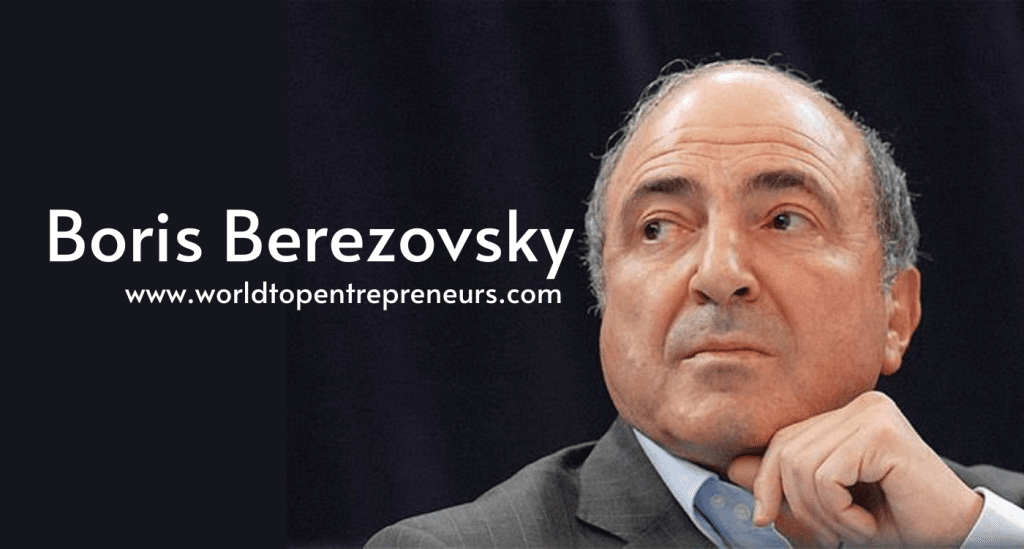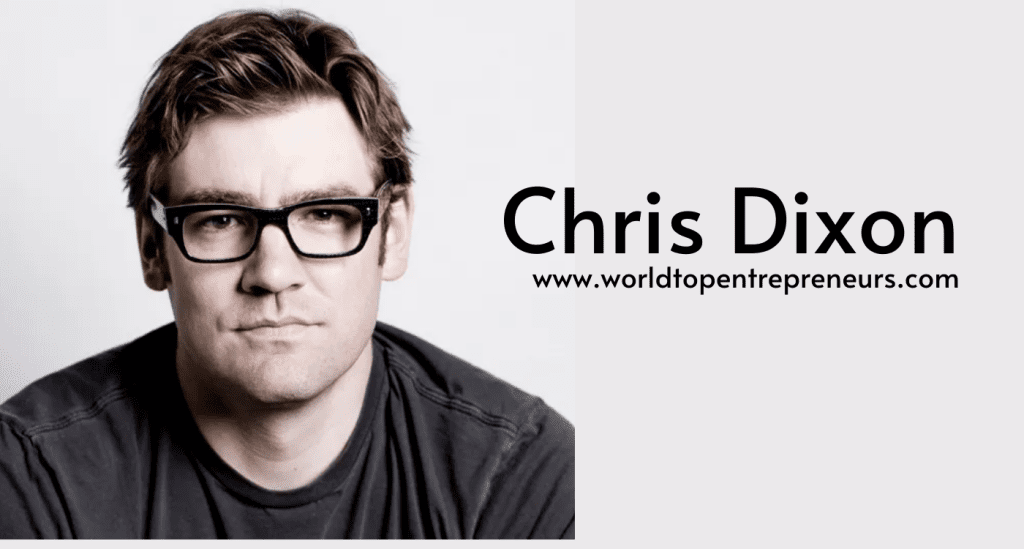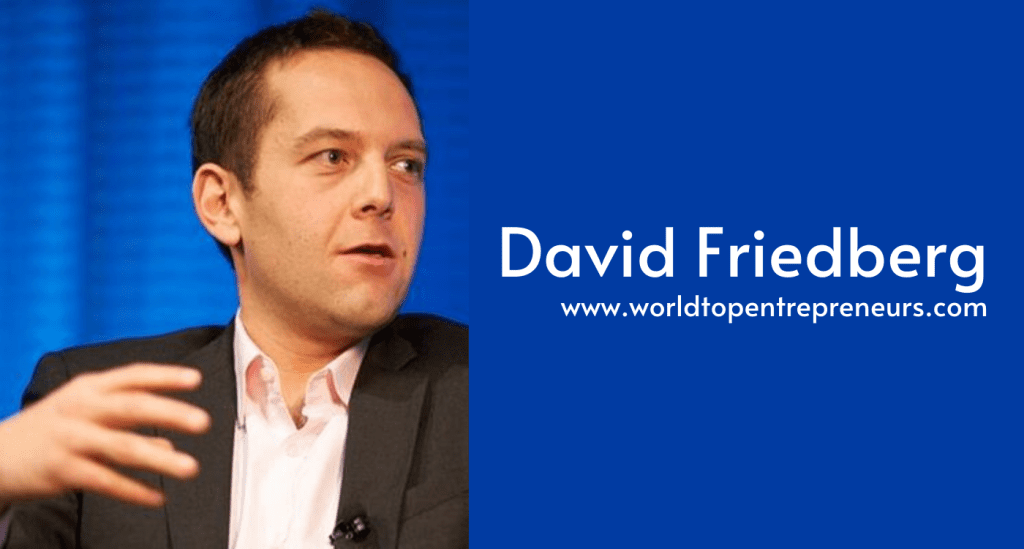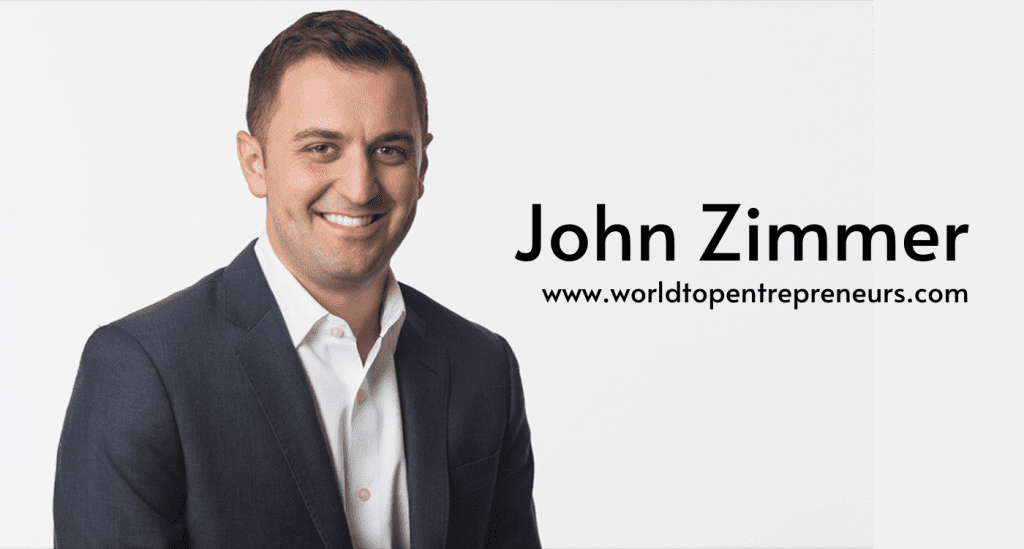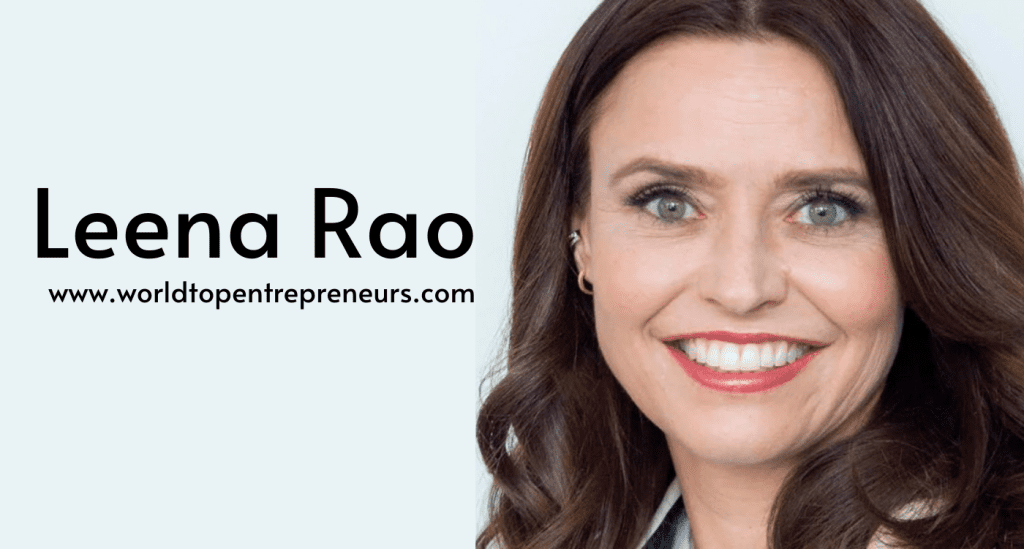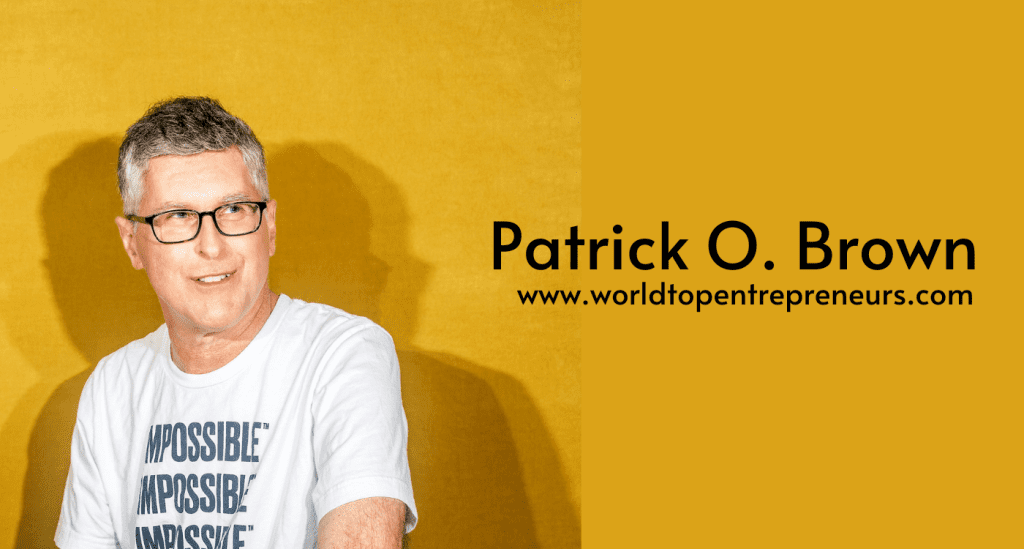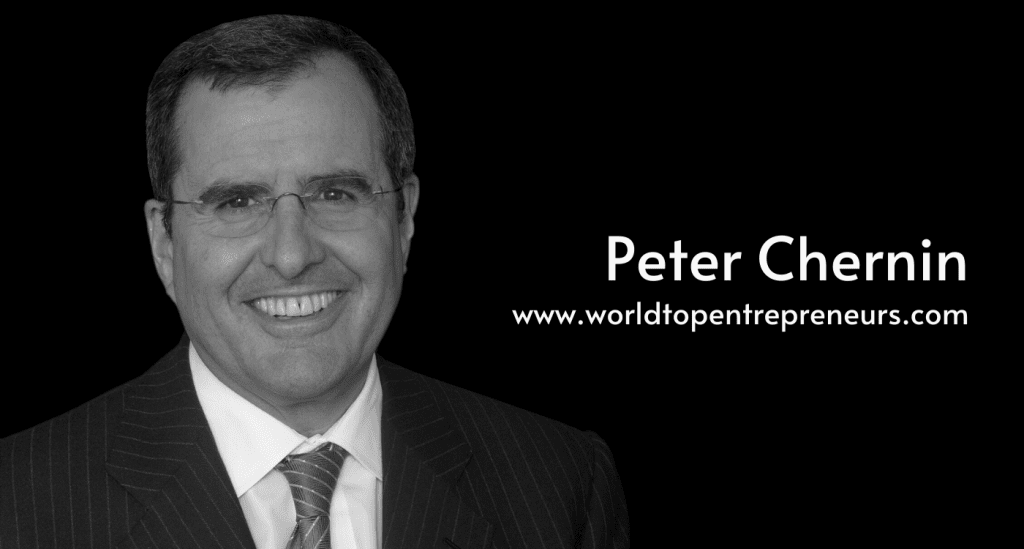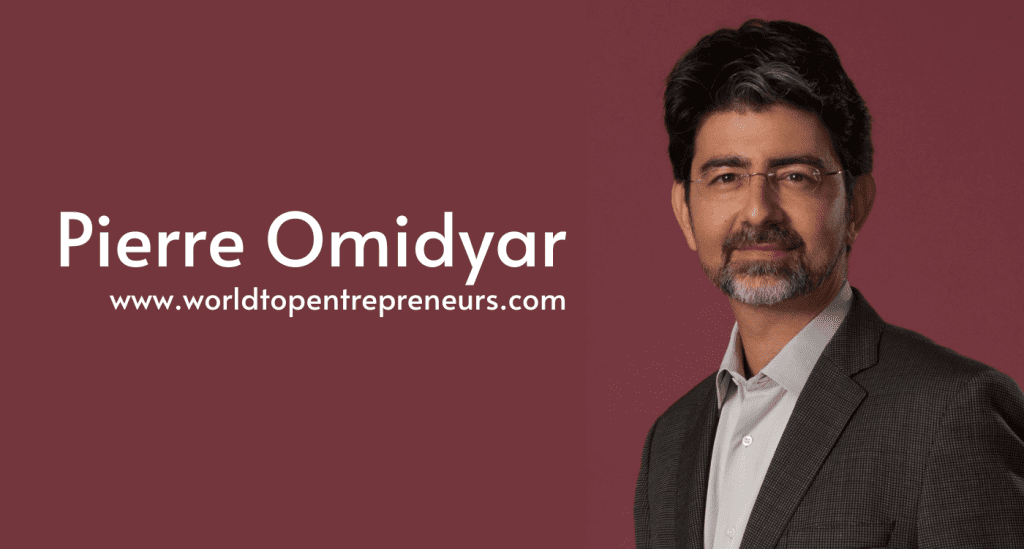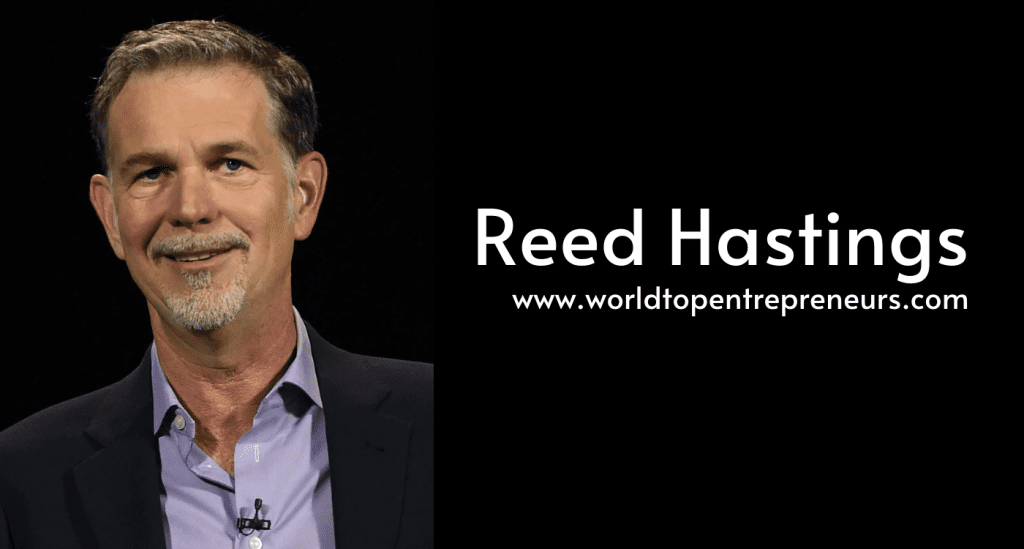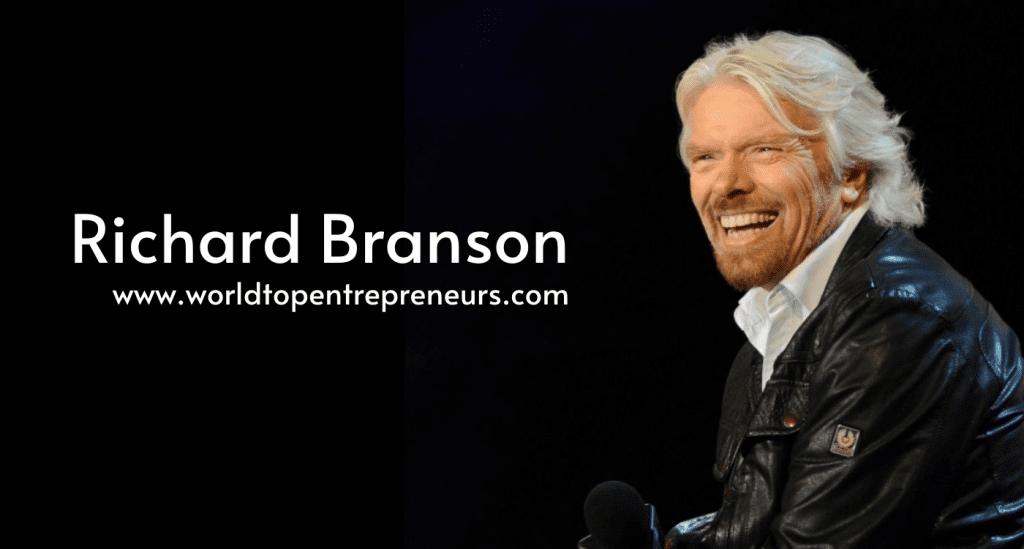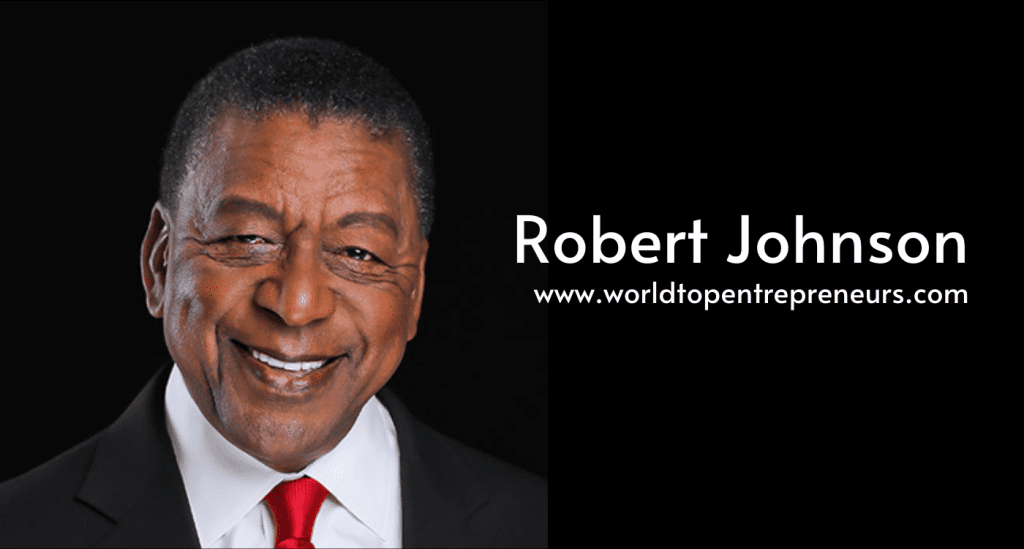Boris Berezovsky, a name that evokes both admiration and controversy, was one of Russia’s most powerful oligarchs. He rose to prominence during the tumultuous period of the 1990s, leveraging the political and economic upheavals of post-Soviet Russia to build a vast business empire. Known for his strategic brilliance and ruthless tactics, Berezovsky played an influential role in Russia’s privatization process, shaping industries from automobiles to media. This blog explores his entrepreneurial journey, educational background, business ventures, struggles, successes, and his lasting impact on Russian business and politics.
Early Life and Educational Background
Boris Berezovsky was born on January 23, 1946, in Moscow, Soviet Union, into a Jewish family. His academic interests were focused on mathematics and mechanics from a young age, leading him to enroll at the prestigious Moscow State University, where he studied applied mathematics. Berezovsky’s intellectual prowess was evident early on, and he graduated with a degree in applied mathematics and theoretical cybernetics in 1972.
After graduation, he went on to earn a PhD in applied mathematics and even became a professor at the Russian Academy of Sciences. Despite the academic prestige and his early career in scientific research, Berezovsky soon found his real passion in business and the opportunities that arose in the rapidly changing political landscape of the Soviet Union.
Transition to Business and the Rise of the Oligarchs
The collapse of the Soviet Union in 1991 marked a turning point in Boris Berezovsky’s career. With the dissolution of the centralized command economy, Russia’s privatization program opened doors to vast new wealth. This period of rapid economic transition provided fertile ground for Berezovsky’s entrepreneurial instincts. Although his scientific background gave him a disciplined and analytical approach to business, it was his ability to navigate the politically charged atmosphere of post-Soviet Russia that truly set him apart.
Berezovsky’s first major venture was in the automobile industry. In 1992, he gained control of the Russian car manufacturer AvtoVAZ, one of the largest in the country. The company, which produced the iconic Lada cars, had been state-owned before the fall of the Soviet Union, but through shrewd business dealings, Berezovsky was able to seize control of it during the privatization process. His grasp of business strategy and his connections within the Russian political elite helped him quickly establish himself as a key player in Russia’s emerging oligarchic class.
However, it was Berezovsky’s involvement in the media industry that truly solidified his power and influence. In the mid-1990s, Berezovsky acquired a controlling stake in the private television channel ORT (now Channel One Russia), which quickly became one of Russia’s leading TV channels. Through ORT, he was able to exert significant influence over public opinion and political narratives. This media power gave Berezovsky leverage, enabling him to build alliances with influential politicians, including President Boris Yeltsin, and to establish himself as a key figure in the Russian political landscape.
Business Ventures and Growth
Berezovsky’s business empire expanded rapidly throughout the 1990s, with investments spanning multiple sectors, including energy, aviation, and banking. His role in the oil industry was particularly notable. He formed close relationships with major oil companies, including Sibneft (now part of Gazprom Neft), a company that he acquired in the mid-1990s. Under his leadership, Sibneft became one of Russia’s largest privately owned oil companies, helping to further cement Berezovsky’s status as a billionaire oligarch.
Additionally, Berezovsky’s influence extended to the aviation industry. In 1994, he acquired control of the national airline Aeroflot, which was one of the largest and most important state-owned enterprises in Russia. His role in privatizing these once state-owned giants made him one of the wealthiest men in Russia.
Through his companies and investments, Berezovsky built a diversified portfolio, amassing significant wealth in a short amount of time. His reputation for business acumen, political maneuvering, and his willingness to take risks made him a formidable figure in the post-Soviet business world.
Struggles, Conflicts, and Legal Troubles
Despite his meteoric rise to power, Berezovsky’s path was fraught with challenges and conflicts. His aggressive business tactics and his involvement in the cutthroat world of Russian politics earned him both allies and enemies. One of his greatest rivals was fellow oligarch Roman Abramovich, who would later become known for his control of the oil giant Sibneft and his ownership of the Chelsea Football Club.
Berezovsky’s business dealings were often marked by conflict and legal battles. In the early 2000s, his relationship with Russian President Vladimir Putin deteriorated. Berezovsky had initially supported Putin’s rise to power, but their relationship soured when Putin began consolidating power and reducing the influence of the oligarchs. Berezovsky became an outspoken critic of Putin, which led to a series of legal and political confrontations.
In 2000, Berezovsky was accused of embezzlement and tax evasion, charges which he claimed were politically motivated. In 2001, facing growing pressure from the Kremlin, he was forced into exile, first in France and later in the United Kingdom. From abroad, Berezovsky continued to engage in anti-Putin activities, becoming a vocal critic of the Russian government.
His exile did not end his legal troubles. In the UK, Berezovsky faced numerous lawsuits, including a high-profile legal battle with Roman Abramovich over control of Sibneft. Although Berezovsky initially claimed a substantial stake in the company, the courts ruled in Abramovich’s favor, further weakening Berezovsky’s financial position.
Successes and Legacy
Despite his legal battles and controversies, Berezovsky’s legacy in the Russian business world is undeniable. He was a key figure in the privatization of Russia’s economy, and his investments helped shape several industries. His ability to seize opportunities in a rapidly changing political landscape allowed him to amass significant wealth and power.
His control over major media outlets played a crucial role in shaping public opinion in Russia, and his influence in the political sphere allowed him to maintain significant leverage with both the Yeltsin and Putin administrations—at least for a time. His legacy as one of Russia’s “oligarchs” is tied to the chaotic and often unpredictable nature of post-Soviet business practices, as well as the way in which wealth, politics, and business were intertwined during this period.
Berezovsky’s ventures were not limited to just business; his wealth enabled him to wield significant political influence, and his media empire allowed him to shape Russia’s political discourse. His strategic thinking and ability to manipulate the system made him a powerful figure, even though his later years were marked by exile and legal battles.
Personal Life and Philanthropy
Despite his controversial career, Berezovsky was known for his interest in philanthropy. He donated significant sums to various causes, particularly those that supported the Russian science and arts communities. His involvement in the Russian Academy of Sciences is one example of his desire to contribute to the advancement of science and technology in Russia.
Berezovsky was also known for his private life, which was marked by personal conflicts, multiple marriages, and a penchant for luxury. He owned numerous properties around the world, including in London, where he spent his final years.
Tragic End
Boris Berezovsky’s life came to a tragic and mysterious end in 2013. He was found dead in his London home, and while the official cause of death was ruled as suicide, there has been widespread speculation about the circumstances surrounding his passing. His death marked the end of an era for Russia’s oligarchs, many of whom had faced similar fates of exile, imprisonment, or financial ruin in the years following the rise of Vladimir Putin.
Conclusion
Boris Berezovsky’s story is a reflection of the opportunities and dangers that came with the collapse of the Soviet Union. His entrepreneurial journey, from his scientific background to becoming one of Russia’s most powerful oligarchs, is a testament to the rapidly changing dynamics of the post-Soviet era. Through his control of major companies, media outlets, and political connections, Berezovsky shaped the trajectory of Russian business and politics. His story is one of ambition, controversy, and ultimately tragedy—a powerful reminder of the risks and rewards of navigating Russia’s tumultuous economic landscape.

